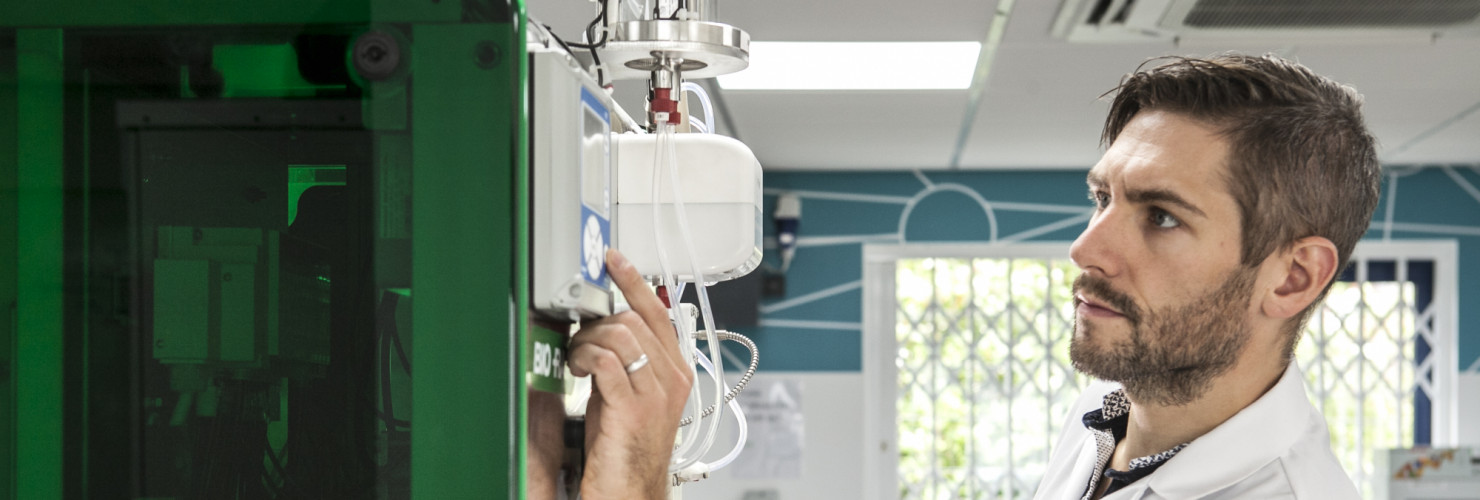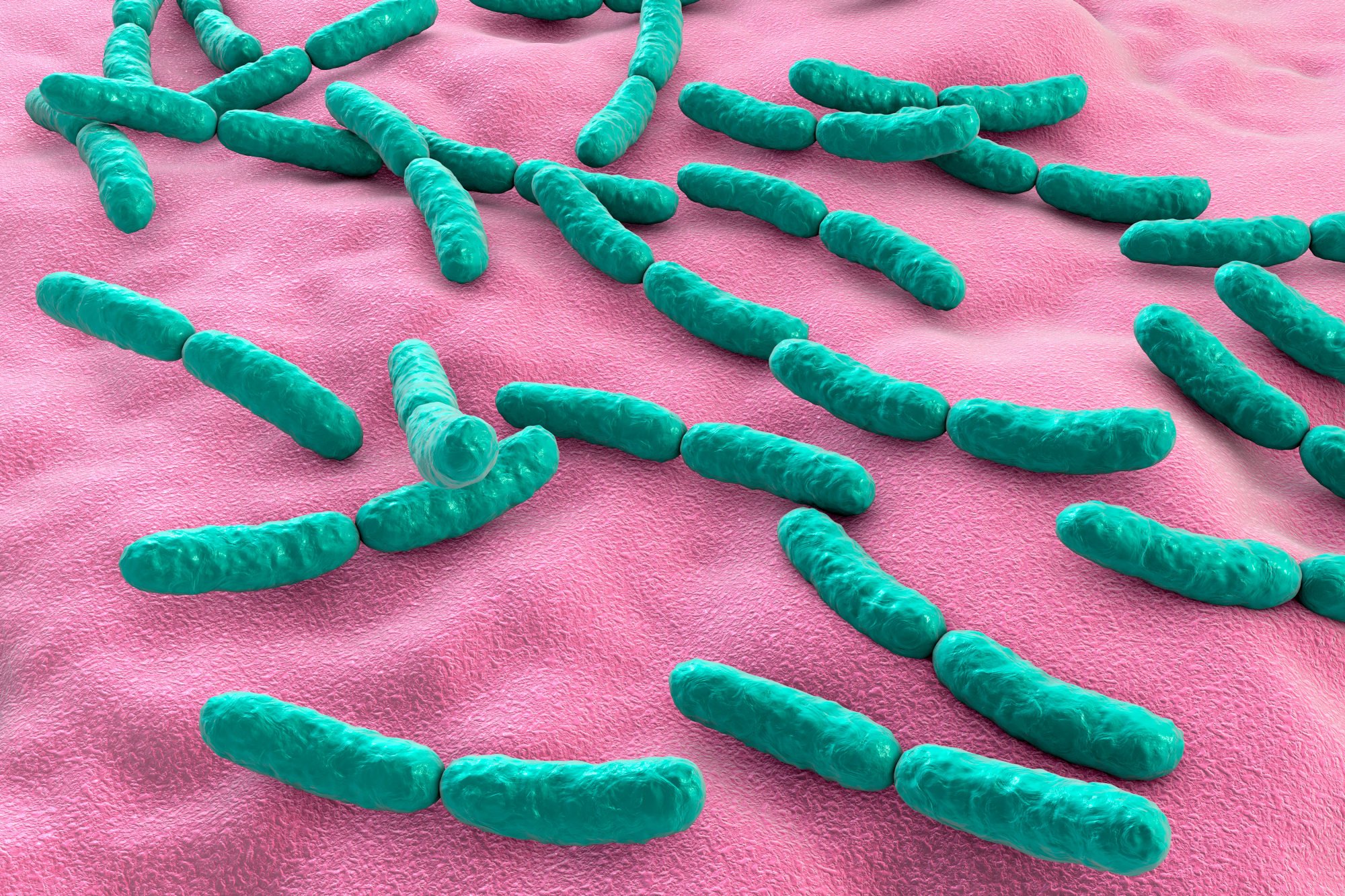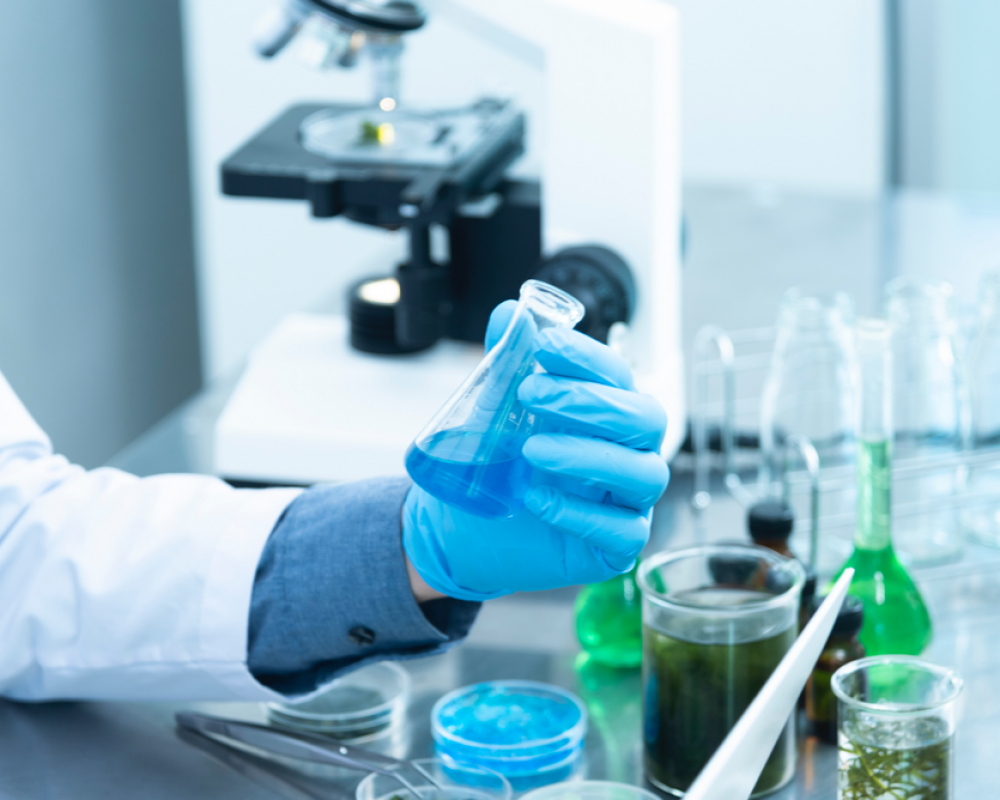
Improving the efficacy of probiotics to treat disease
The THYME Project is supporting research to make probiotics work more effectively to combat a range of health disorders. Probiotic products use ‘good’ bacteria to help improve and maintain gut health and the probiotics market has huge potential for economic growth.
2 proof of concept projects funded
The challenge for probiotics
The microbial community of the human gut is highly complex and dynamic, making it difficult for scientists to study and understand. It contains many different types of bacteria, which often form robust structures called biofilms. A key challenge for all probiotics is how to infiltrate these biofilms in order to colonise the gut.
Combining computational and microbiological techniques
With the help of THYME funding, Dr Claudio Angione from Teesside University and Dr Georgios Efthimiou from the University of Hull are combining their expertise to optimise culture conditions for probiotics. They have constructed digital models that enable them to examine the interplay among biofilm-forming bacteria under different conditions

Machine learning and optimisation algorithms are being used to predict the steps needed to encourage the formation, growth and stability of gut biofilms. This improved understanding will help them to develop probiotics that can colonise the gut more effectively, leading to greater health benefits. Using digital technology to analyse the expected behaviour of the probiotics reduces the need for lengthy laboratory experiments and speeds up the testing process.
Dr Claudio Angione, Teesside University said:
Through The THYME Project we have strengthened our research links, developed new experimental protocols and obtained results that could lead to patents and long-term collaboration with the probiotics industry.
Sustainable protein production
THYME is also funding research into the production and use of molecules released by the probiotic bacterium Lactobacillus rhamnosus GG. This bacterium secretes proteins, which are able to regulate the immune response of human cells in the gut. Proteins such as these have potential to provide a safe, side-effect free complement to current medication for diseases such as Crohn’s disease and ulcerative colitis.
Dr Mosharraf Sarker from Teesside and Dr Joe Bennett and Dr Deborah Rathbone from the Biorenewables Development Centre at the University of York are scaling up the production of two such proteins from L. rhamnosus and testing their effects in managing the body’s inflammatory processes. To make the production of these proteins as sustainable as possible, they are also looking into ways of utilising the waste and by-products of the production process.
Strong commercial relevance A potential commercial partner is CHAIN Biotech which is developing a platform for targeted gut delivery of therapeutic peptides. Their Clostridium-Assisted Drug Development (CADDTM) platform targets the immuno-oncology and oral vaccine markets.
Total of £99,997 funding
Probiotics world market projected to reach $64.02 billion by 2022
Gut microbiome linked to a variety of diseases including diabetes and autoimmune disorders
For more information please visit: www.thyme.biovale.org

The THYME project is supported by Research England's Connecting Capabilities Fund.
The THYME project was completed in June 2022.
